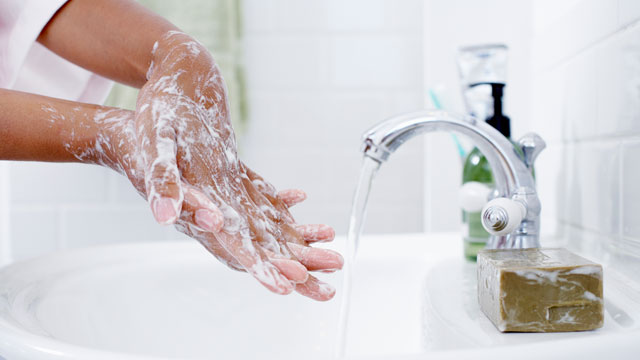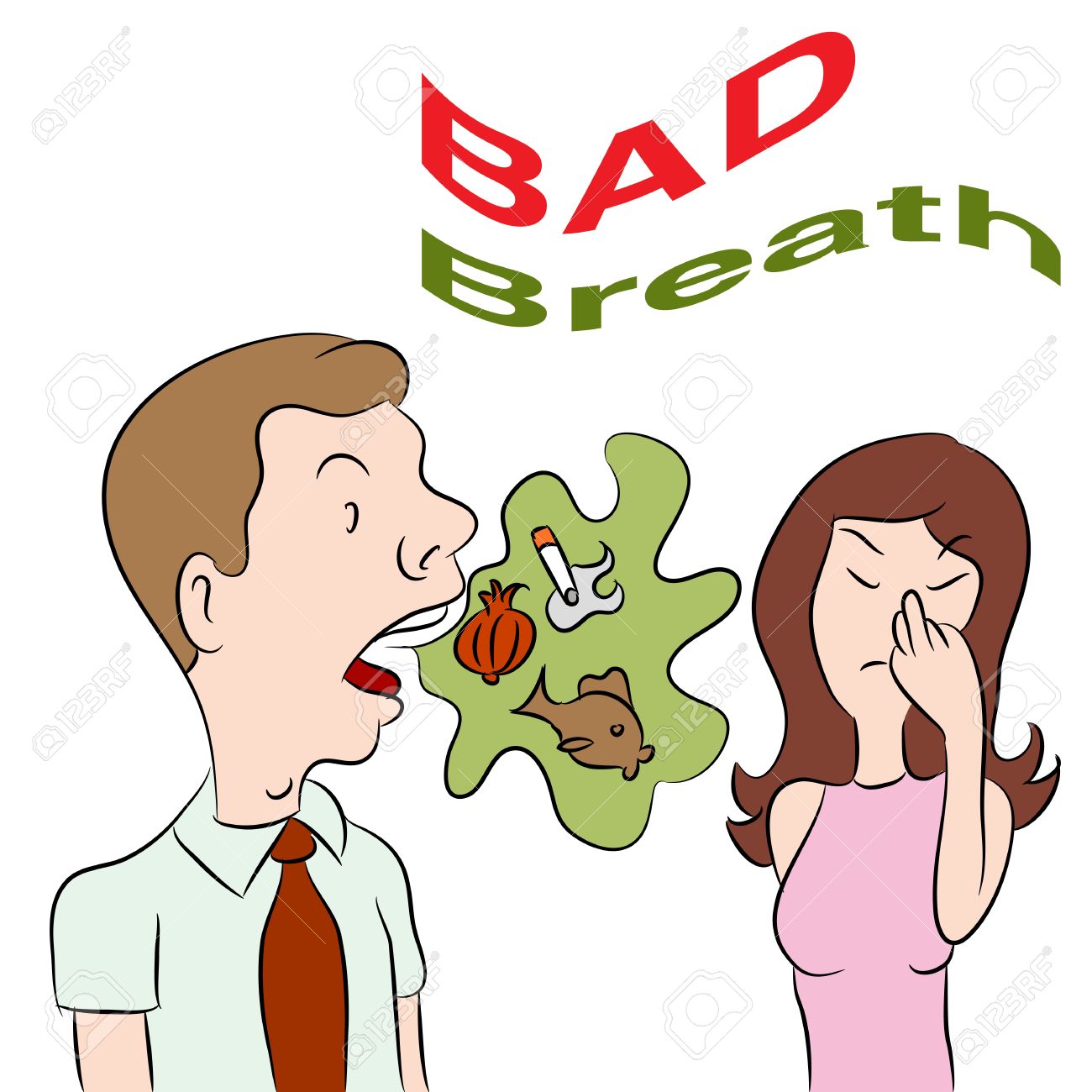 Handwashing is the most important means of preventing the spread of germs as well as the best way to keep yourself from getting sick. Whenever your hands get in contact with germs, you can unknowingly become infected simply by touching your eyes, nose or mouth and once a member of the family becomes ill, it's usually just a matter of time before the whole family comes down with the same illness.
Handwashing is the most important means of preventing the spread of germs as well as the best way to keep yourself from getting sick. Whenever your hands get in contact with germs, you can unknowingly become infected simply by touching your eyes, nose or mouth and once a member of the family becomes ill, it's usually just a matter of time before the whole family comes down with the same illness.When do you wash your hands?
- Before and after cooking and eating.
- Before and after using the bathroom.
- After blowing one's nose, coughing or sneezing.
- After touching animals including family pets.
- After cleaning around the house
- Before and after visiting or taking care of any sick friend or relative.
- Whenever your hands feel sticky or dirty.
- When your hands are visibly soiled
- Soap that can form lather(this could be a plain soap, an antiseptic/medicated soap or detergent)
- Water
- A clean towel
Prior to washing your hands; rings,bracelets and wristwatches should be removed and long sleeves rolled up.Proper handwashing should take about 15 to 30seconds.
- Wash your hands in water first
- Use soap and lather up for about 20secs
- Make sure you get in between the fingers and under the nails where germs like to hide and do not forget the wrists
- Rinse and dry well with a clean towel

 With the increasing need to work hard and even harder to earn a living, hustling has become a normal way of life, thus, making it more difficult to get enough rest let alone adequate sleep. Here is an overview of what rest and sleep connotes, factors influencing the quality and quantity of sleep, dangers of not getting enough sleep and ways of ensuring one gets enough sleep.
With the increasing need to work hard and even harder to earn a living, hustling has become a normal way of life, thus, making it more difficult to get enough rest let alone adequate sleep. Here is an overview of what rest and sleep connotes, factors influencing the quality and quantity of sleep, dangers of not getting enough sleep and ways of ensuring one gets enough sleep. Halitosis is popularly known as bad breath or foul smelling breath or breath that has unpleasant odor ,this odor can occur from time to time or it can be long lasting depending on the cause. It is usually caused by breakdown of food. Millions of bacteria live in the mouth particularly on the back of the tongue and when there is a build up of bacteria,toxins are released which make an individual's breath to smell. These bacteria are also responsible for tooth decay, gum disease e.t.c.
Halitosis is popularly known as bad breath or foul smelling breath or breath that has unpleasant odor ,this odor can occur from time to time or it can be long lasting depending on the cause. It is usually caused by breakdown of food. Millions of bacteria live in the mouth particularly on the back of the tongue and when there is a build up of bacteria,toxins are released which make an individual's breath to smell. These bacteria are also responsible for tooth decay, gum disease e.t.c.